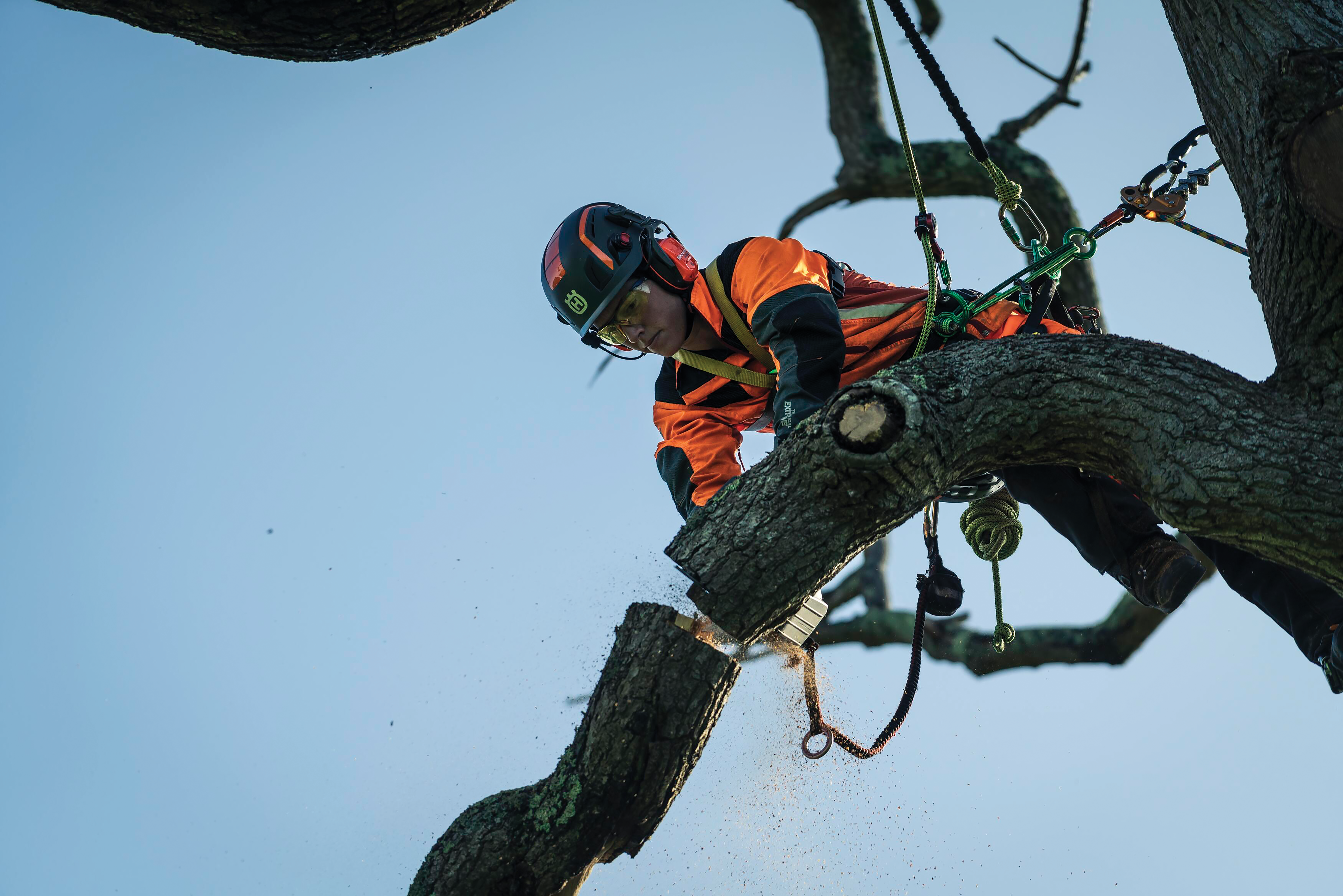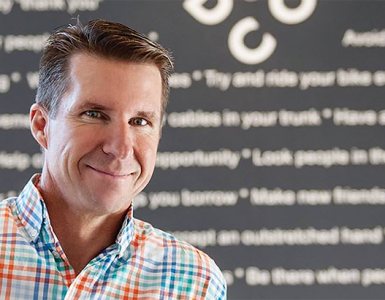Start: Education in sciences and technology should start at an early age at schools
By Isaac Moledi
Several business leaders and tech experts have expressed their support behind the adoption of digital and technology education and training of employees. Most members of the public say this will go a long way in driving equality for both business and consumers.
They say despite digital and technology adoption across the continent growing and with it a proliferation of apps and fintech products to improve lives, countries across the continent continue to see a shortage of technology skills among professionals and a lack of understanding among consumers about how the latest technologies work.
Heloise Greeff, investor on the social trading Platform, eToro, believes that there is a pressing need for children to embrace artificial intelligence (AI) and machine learning, since these are tools that affect many things in our daily lives today.
“Parents should encourage their children to play around with technology and to become involved in science, technology, engineering and maths (STEM) subjects. Education in the sciences and technology should start at an early age through outreach programmes at school.
And, when a child shows an interest, mentorship and sponsorship are critical to helping with career progression.” Andrew Bourne, regional manager at Technology, believes that technology training for new and existing employees can drive equality in business operations.
“Technology can open up opportunities for people who previously would not have had access to them. Provided they have connectivity (admittedly, this is still far from a given) and a capable device, someone from a low-income family can access almost all the same online resources and information as someone from a wealthier family.”
According to him, technology can act as an equality driver for businesses. “Using low-code tools, for example, even small businesses can create the kind of consumer-facing and internal applications that would have previously required enterprise-scale budgets to build. These businesses can access increasingly sophisticated customer relationship management (CRM) tools to help build customer loyalty and revenue.” says Bourne.
Keletso Mpisane, Head of digitally-based car Insurer, MiWay Blink, says a lack of understanding around how digital security systems work from a data safety perspective makes customers hold back on taking full advantage of digital advances. This is mainly due to fear of fraud and having their data in a cloud they do not have control over.
She says as a business, educating the market about the safety aspect of using technology is important in demystifying the often miscalculated fears people have around cyber safety, and it improves the perception of technology in the market.
As rapidly as technology is developing and evolving, so are data security systems and, as a service provider, educating customers around the safety aspects of your technology should be an important aspect of your marketing strategy, says Mpisane.
As both connectivity and devices (predominantly smartphones) have become cheaper and more prevalent in recent years, Tony Mallam, MD at fintech firm, upnup, says a growing number of African consumers have come to expect the same kind of experiences as their peers around the world.
“This greater usage has allowed hundreds of entrepreneurs to address critical financial roadblocks in a number of areas including mobile money and digital banking, lending, savings, investment and crowdfunding and cryptocurrency. All of these areas could, however, be broadly viewed as falling under financial inclusion.”
Mallam says around 65% of adults in sub-Saharan Africa are unbanked. Providing those people with the same kind of services and convenience as customers of even the most digitally-advanced banks is critical to the continent’s growth and future prosperity.
Glenn Gillis, CEO of Seamonster SA, says although consumers might never truly understand these latest technologies, there is a need to engage with them and to learn with them to advance the way that we, as a society, live alongside them. Implementing consistent and intentional education around these new technologies is therefore crucial.
The business leaders say businesses that embrace technologies and promote education and training around them will transform their industry practices for the better and set themselves up for success in the future.
And those that disengage with change and adopt a reliance on traditional ways of doing things might just be left behind.
MORE WOMEN
ASSUME JOBS
FORMERLY
RESERVED
FOR MEN IN
FORESTRY SECTOR

Light: The battery-operated chainsaw is
lighter to handle for
women who can also earn better wages.
By WSAM Business Reporter
Forestry may have historically been a maledominated profession but things are fast changing with the battery-operated chainsaw levelling the playing field, catapulting more women to join the field to build sustainable careers as chainsaw operators.
The driving force behind this empowerment initiative is Pam Booth, who heads up Knysna Municipality’s Environmental Planning. Booth says enabling more women to work in forestry has always been something that has interested her, but she previously never had the opportunity to turn this into a reality.
This initiative evolved due to budgeting constraints in her department and this saw the diminutive, grey-haired Booth picking up a chainsaw and qualifying as an operator herself.
“A large portion of our departmental budget was being spent on buying and maintaining chainsaws. So, I thought it was only fair to senior management and the operators to see for myself what was involved.
“This meant experiencing everything from buying the right model chainsaw to operating it and fixing it with the right parts and spares.”
Booth says she has a hands-on approach and believes that it is important to understand and experience every aspect of invasive plant management so when she heard about chainsaw training at a national Working for Water programme, her interest was piqued.
The result was that together with colleagues, Nolubabalo (Babsie) Lufundo who manages the Municipality’s operational teams and Beryl Poggenpoel, who underwent rigorous training, became the first women to be qualified as chainsaw operators in the region.
“We are not particularly big and strong, We are not impressively built – we are just everyday women who have decided we can do this,” says Booth. Both Babsi and I are mothers. She has twins and a young boy and I have a son and daughter and I am sure our kids are as proud as we are that their moms are able to do this type of work.”
Booth says part of the reason why women can now work as chainsaw operators is that the battery-operated chainsaw is much lighter than the conventional petrol models. “Although we are not as physically strong as our male colleagues, we compensate for this by the way in which we handle a chainsaw. If we relied on our innate strength, we would not be able to cut for very long. So, we have to exercise more control which develops patience and a deeper appreciation of the power of the machine” .
“I absolutely love the battery-operated chainsaw. I pick it up, switch it on and we are ready to go. There is no fuss. No fiddling with petrol mixes and no spillage. I also love the fact that it makes so little noise. It is so quiet and unobtrusive that I can even use it on a Sunday morning when I am cutting firewood.” Booth says she is delighted that since the initial group of three women qualified as chainsaw operators, a further six ladies have completed the training and all indications show this has now started a movement in the area.
“Most of the young girls and women who see us operating a chainsaw are inspired to give it a try. I love to tell them they can also do it, earn a better wage as well as the respect that comes with operating a machine that is traditionally only operated by men.”
When asked where she believes she will be in two years’ time, Booth says that she wants to be right where she is, doing more and doing it better. With the innovations that Husqvarna (which provides professional forest, park and garden products), continue to introduce their battery-powered chainsaws and the ongoing requirements of the Knysna Municipality, it is guaranteed that Booth will be able to ensure that even more women are empowered as operators.
Published on the 92nd Edition.





























